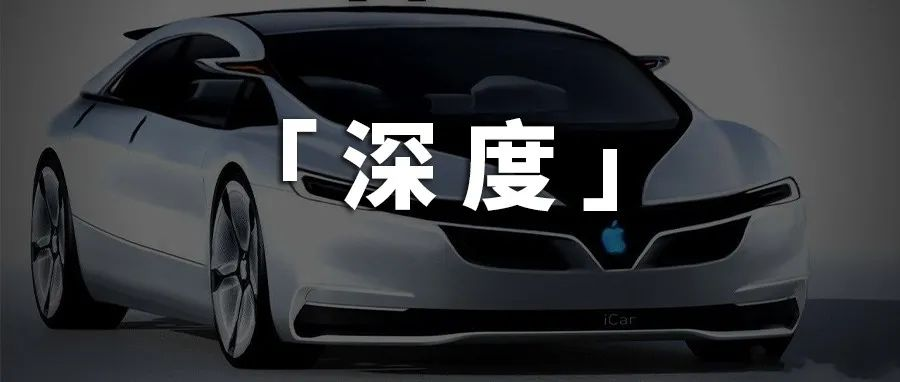Author: Shidi
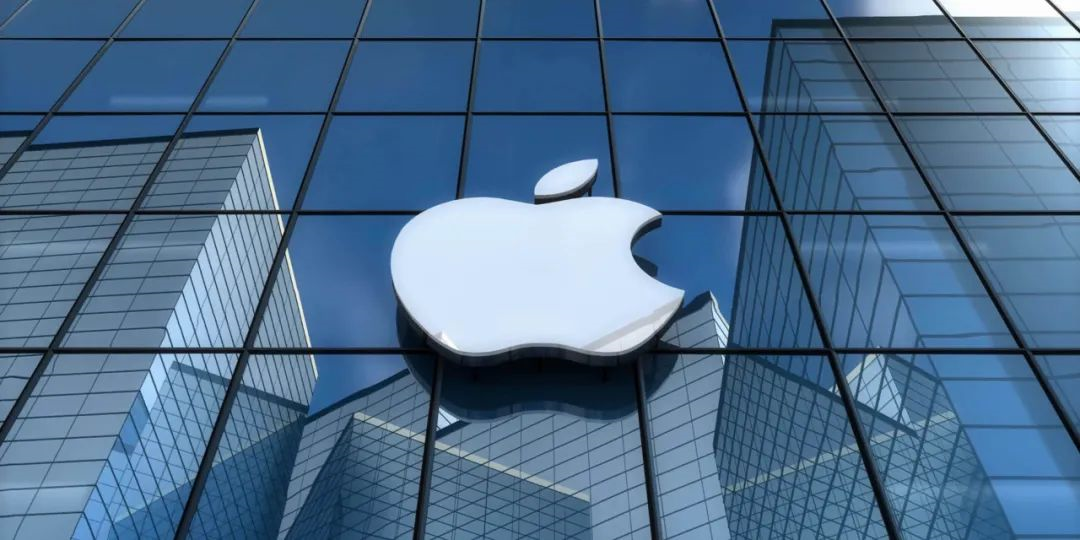
Apple is making cars.
Despite being an old topic, whenever there is news about Apple making cars, it generates enough buzz to match any car manufacturer’s press conference.
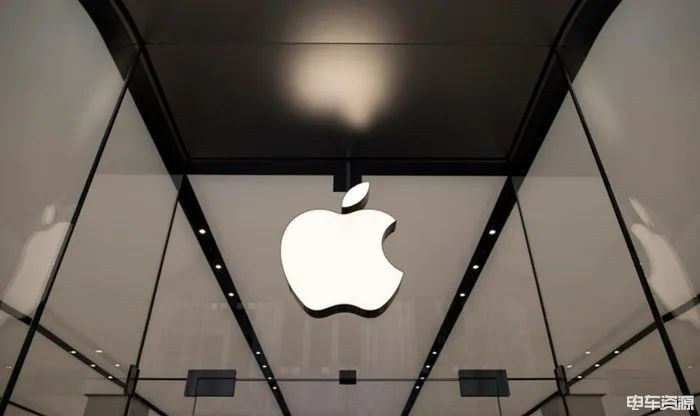
In 2014, Apple officially launched a car-making project codenamed “Titan,” led by Steve Zadesky, the head of the first generation iPod team. In order to achieve this lofty goal, Apple spared no effort and poached a large number of engineers from any industry related to cars. With a team of over 1,000 people, Apple also faced a number of lawsuits relating to “unfair competition in the industry.”
However, Apple’s grandiose layout did not lead to a good outcome because just over a year later, in 2016, the Titan project shifted from manufacturing vehicles to developing autonomous driving software. Today, Apple’s autonomous driving technology has made significant progress, with its driving distance exceeding 30,000 kilometers in 2020, and its longest “hands-off” distance extended to 232 kilometers. Although this achievement is not impressive compared to other autonomous driving companies in California, for Apple, it is at least a tangible result after spending so many years and so much money.
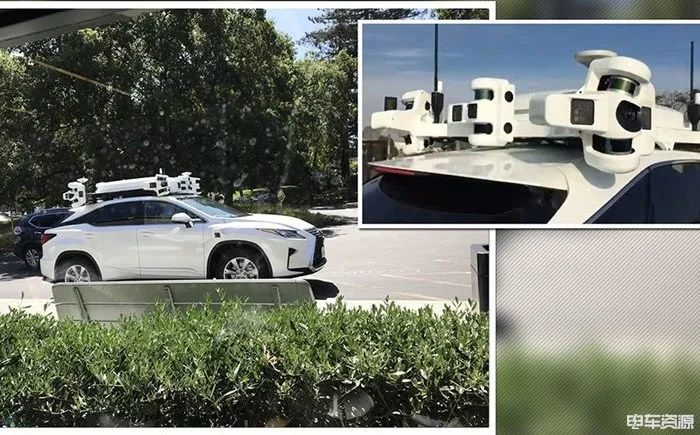
Analysts pointed out that in 2020 alone, Apple invested about 19 billion U.S. dollars in car research projects, which is equivalent to burning up 21 Lucid Motors, 16 Bytons, 13 Xiaomi Cars, or 3 NIOs in a year.
Interestingly, after achieving good results in the field of autonomous driving, Apple remembered its original intention to enter the car industry. In January 2021, Apple restarted its car-making project.
However, it is more accurate to say that Apple re-entered the “bumpy road of car-making” rather than restarted its car-making project with joy.
In recent years, Apple cars have been rebuffed
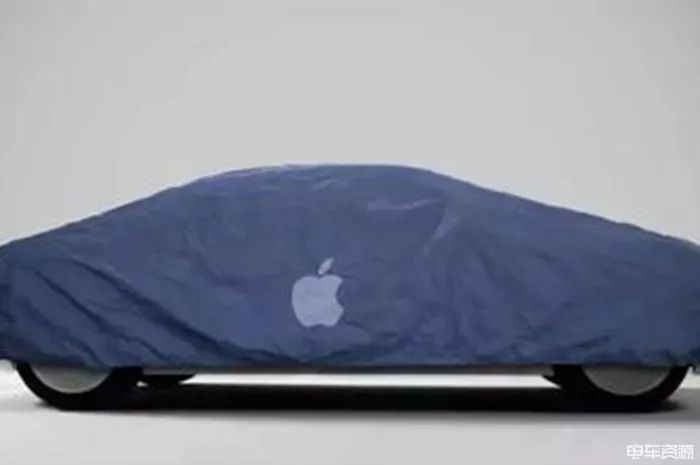
In 2015, Cook visited the BMW Leipzig i3 factory with plans to develop its own electric car based on the BMW i3. At the time, the BMW side also hinted at joint cooperation, but nothing came out of it, because BMW was not willing to share its technology and lose its position as a manufacturer.After being rejected by European car companies, Apple turned to the parent company of Mercedes-Benz, Daimler, but the outcome was the same as with BMW – they refused to collaborate on producing cars. However, collaborations with other companies have not been ruled out. “We don’t intend to be Apple’s Foxconn,” stated Dieter Zetsche, then-CEO of Daimler.
Following the rebuffs from European car companies, Apple turned its sights on Japanese and Korean car companies, and a similar story to that with BMW and Daimler played out with Nissan and Toyota. However, a collaboration with a Korean company seemed to be imminent.
On February 3rd of this year, there were reports of Apple working with Kia on the production of automobiles, with Kia offering significant support, providing both hardware and software. However, a week later, Kia released a statement saying that they had not been in talks with Apple regarding cooperation in the development of autonomous cars. An anonymous executive explained that the reason for this was similar to the concerns expressed by BMW and Daimler.
After contacting several car companies, Apple’s contract manufacturers have yet to make any moves. Nowadays, Apple has been facing resistance in the supply of its power batteries.
It is reported that negotiations between Apple and CATL and BYD have stalled, and their original plan for collaboration in power battery production has encountered difficulties, as they refuse to build factories in the US to provide localized supply for Apple.
Sources say that over the past two months, CATL and BYD have informed Apple that they are unable to meet its requirements for building factories in the US. However, Apple has not given up hope of resuming negotiations.
According to foreign media reports, CATL has been reluctant to build a factory in the US due to political relations and cost issues. It is also difficult to find enough personnel or form a dedicated product development team with Apple locally. Although BYD already has a Phosphate Iron battery plant in California, it refuses to create a new factory and team specifically for Apple.
After negotiations with BYD and CATL failed, media reports claimed that Apple is considering Japanese battery manufacturers and recently dispatched a team to Japan. An insider stated that Panasonic is one of the companies that Apple is considering.
Why do tech giants that have a reputation and resources continue to face setbacks?
In fact, whether it is a car manufacturer or a Tier 1 supplier, it is difficult not to be concerned when dealing with a behemoth like Apple, with a market value of 2 trillion dollars. Perhaps, for Apple, its past successes have become a curse.In the era of software-defined cars, tech giants like Apple and Huawei have enormous potential in the smart car field, while traditional car giants are at a disadvantage in terms of intelligence. If they assist their potential rivals, they are like digging their own graves. To put it bluntly, no top car manufacturer will help a potential and formidable competitor to build cars.
As mentioned earlier, Apple was rejected by giants such as BMW, Daimler, Toyota, and Volkswagen, and the seemingly noble excuses behind the rejections were all due to fear of cultivating a strong competitor.
Secondly, Apple has always wanted to form a robust supply chain network and take the lead in both the design and marketing of the products through cooperation with car manufacturers. In other words, the car manufacturers that it outsources for only have to do the laborious work of outsourcing without any technological content, with no decision-making power or technological knowledge to be gained.
For traditional car manufacturers with decades or even hundreds of years of experience, it is unrealistic for them to have no say but to follow the commands of a rookie who has not yet reached the threshold of mass production. After all, traditional car companies are not like Foxconn, which specializes in outsourcing and wants to have face.
It is worth noting that traditional car manufacturers with prospects are working hard to figure out how to transform, and their respective transformation strategies are also planned very aggressively. The cooperation with Apple for outsourcing will not have much improvement on their own industry or brand value. At most, it will only be more frequent to make headlines, but the traditional car manufacturers have already weighed the pros and cons.
The Realistic Way Forward for Apple
Since the road leading to top car manufacturers has been cut off, if Apple does not want to build its car factory, then partnering with professional automotive contract manufacturers might be the most practical solution for Apple’s car-making plan. Because there is no competition or conflict of interests between car contract manufacturers and Apple, this is the most realistic way forward.
When it comes to outsourcing, many people might immediately think of Foxconn. Indeed, Foxconn has many years of cooperative experience with Apple, and the two companies complement each other. It can be said that without Foxconn, Apple would not have achieved the success it has today, and without Apple, Foxconn would not have achieved its current glory.Although Foxconn has a dominant position in the field of contract manufacturing of fast-moving consumer electronics such as smartphones and tablets and rich experience in cooperation with Apple, it is still a newcomer in the field of automotive contract manufacturing. Based on Apple’s experience of seeking cooperation with the world’s top car companies, it is difficult for Apple to look at Foxconn, which has no car manufacturing experience like itself.
In reality, if Apple intends to cooperate with Foxconn in the field of automotive contract manufacturing, with their years of cooperation, they should have reached a consensus long ago. Apple’s car-making plan should not have had no substantial progress until now.
In October, Foxconn officially launched its pure electric vehicle brand Foxtron and brought three new cars named after the Model. However, these were just supporting roles in the entire press conference. Foxconn’s real intention was to showcase its “MIH Electric Modular Platform,” which can provide three cooperation models, including full vehicle contract manufacturing, providing chassis and appearance, and selling platform technology to automakers.
In simple terms, Foxconn is wooing those “rookies” who want to make cars but are unable to make substantial progress, stating that it can not only undertake the role of contract manufacturing in the field of consumer electronics but also has the strength to undertake contract manufacturing in the automotive industry. So, who does Foxconn want to show off its operations to? We can understand it.
Of course, besides the old partners that Foxconn hopes to undertake Apple’s car-making plan, there is also such a giant in the automotive field. It is the world’s third-largest automotive parts supplier and the “Automotive Contract Manufacturing Emperor” Magna, which has designed and built luxury cars such as the Mercedes-Benz G-Class and the Jaguar I-PACE.
Magna has rich experience in automotive design and contract manufacturing, and the products it designs and manufactures are mostly high-end luxury brand models. Therefore, if Apple wants to find an automotive contract manufacturer that has both high-end attributes and car manufacturing background, Magna is a perfect match for Apple’s requirements.
As for whether Apple will have the arrogance to take care of the production line on its own, or to share the cake with others, let’s wait and see.
Conclusion
In conclusion, Foxconn is trying to show that it can undertake contract manufacturing not only in the field of consumer electronics but also in the automotive industry. Magna is an excellent choice for Apple, which wants to find an automotive contract manufacturer with high-end attributes and car manufacturing background. We will see whether Apple will do it itself or share the cake with others.After the announcement of the Apple car project, William Li, the CEO of NIO, stated that Apple car is NIO’s ultimate rival.
Undeniably, this giant, who holds the first place in the market value of a group of tech companies, if it chooses to enter any industry, it can reshape the industry and even become the dominant player.
However, it is precisely this kind of invincible momentum that has made its car-making plan difficult, always entering the market with an arrogant attitude and seeking cooperation with the same attitude, and finally falling into a situation of being alone and shadowed.
This article is a translation by ChatGPT of a Chinese report from 42HOW. If you have any questions about it, please email bd@42how.com.
